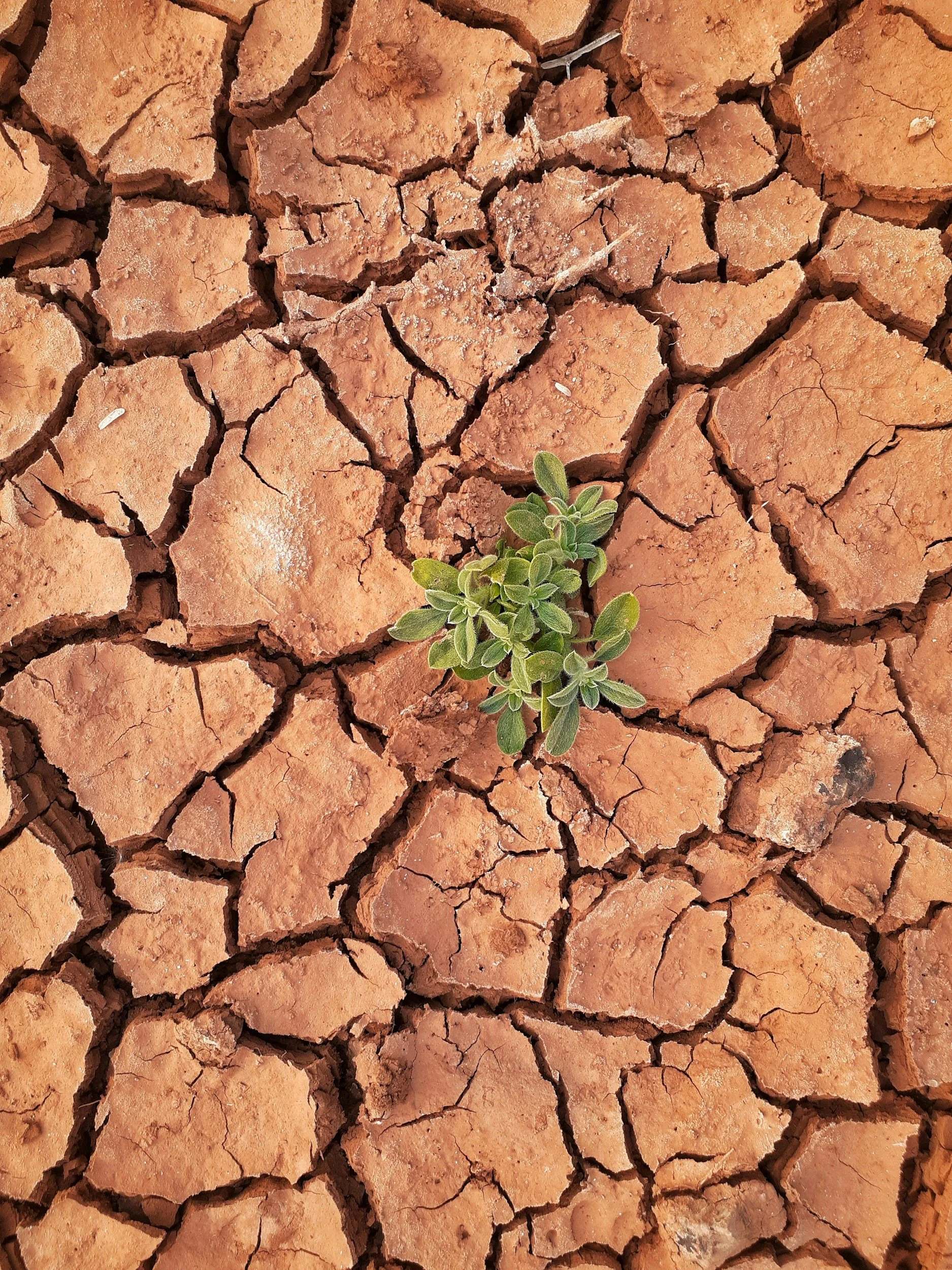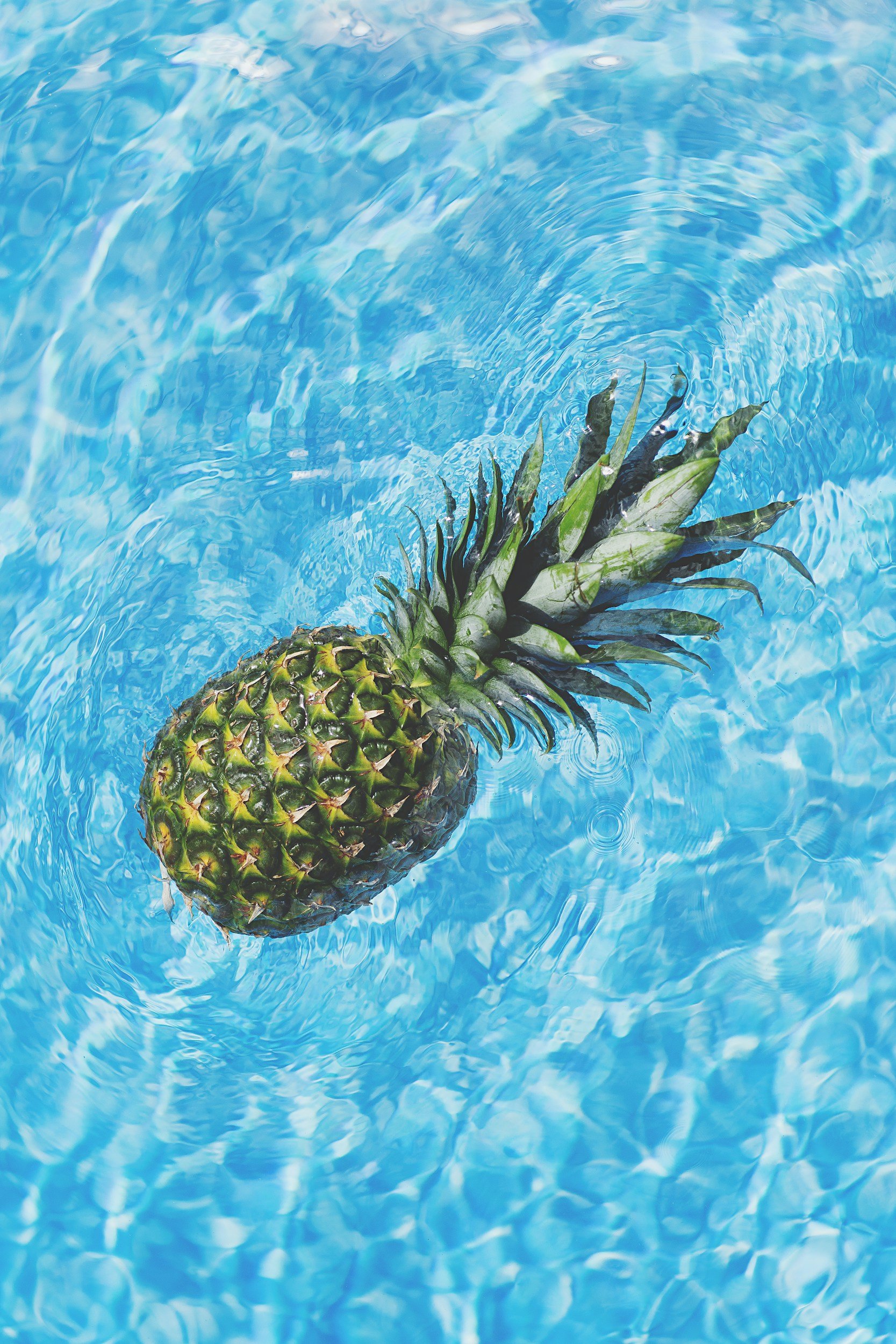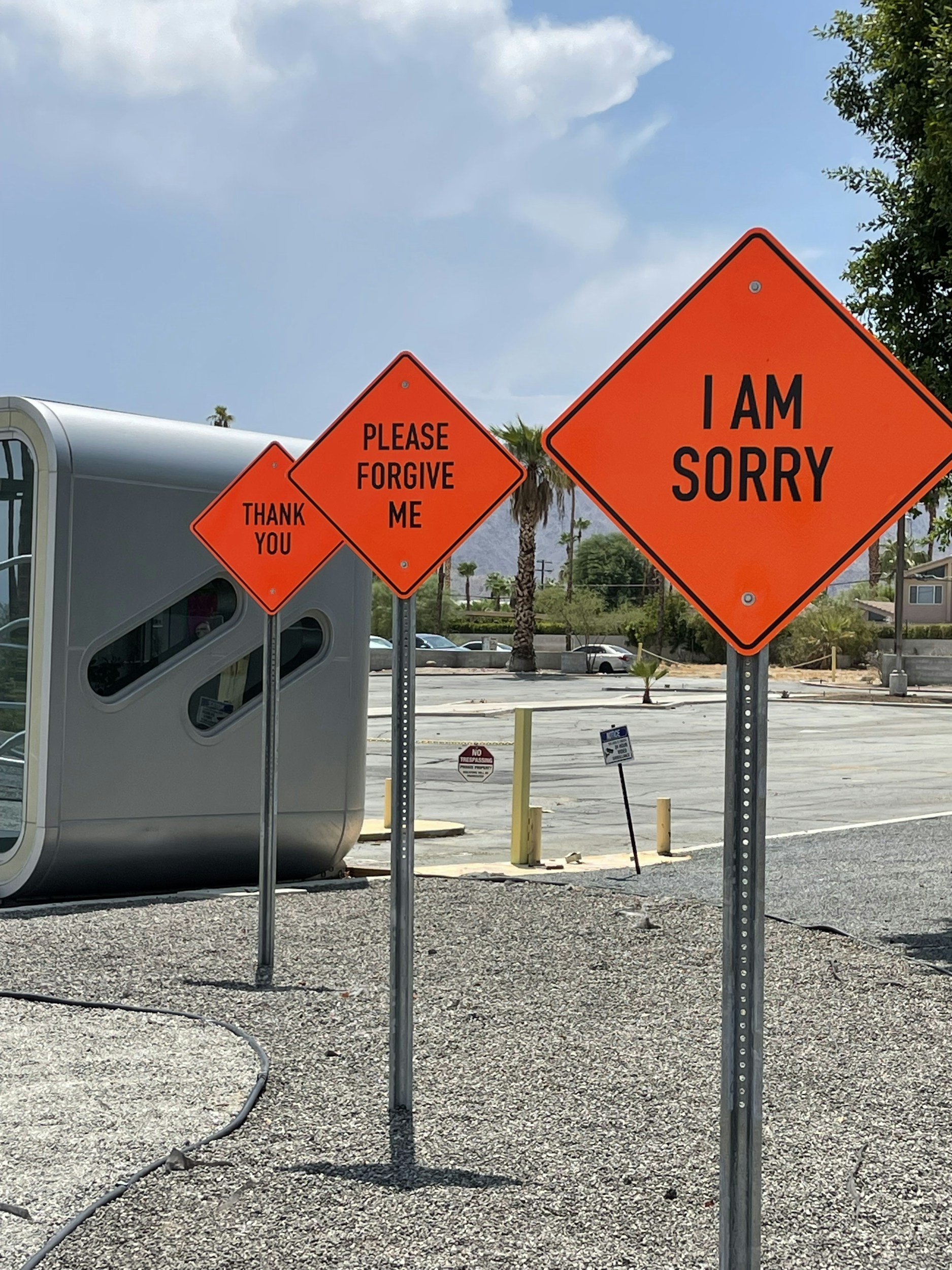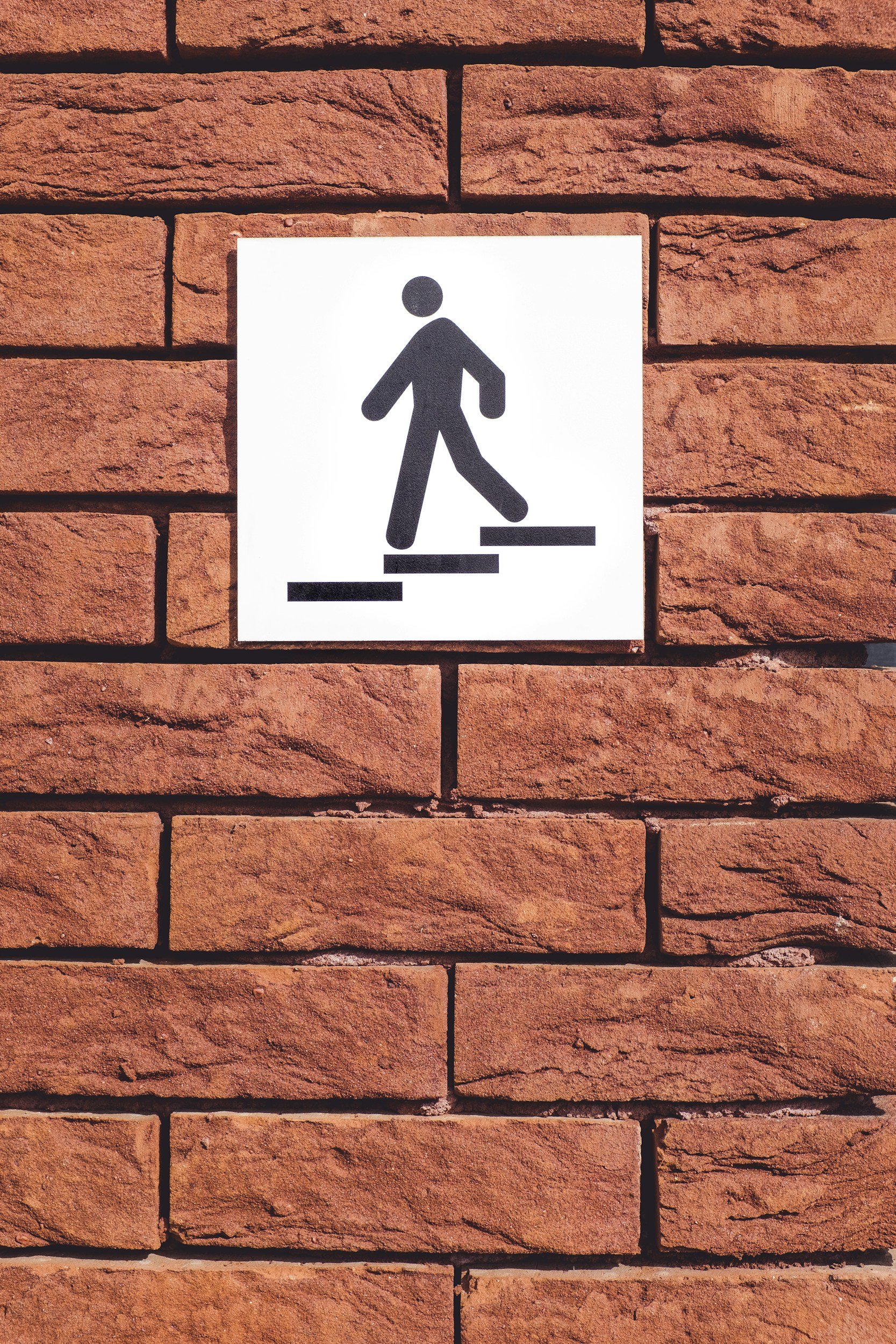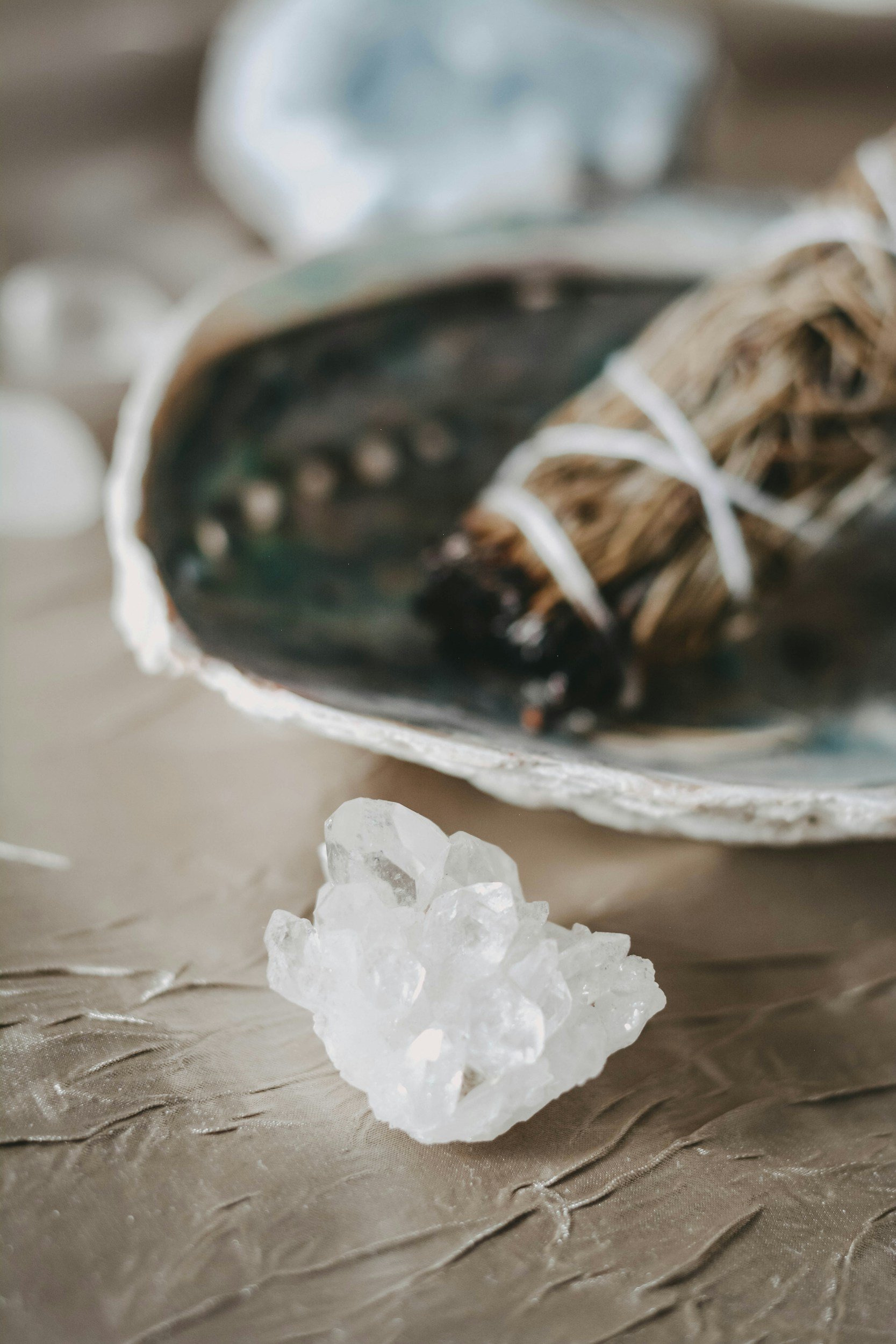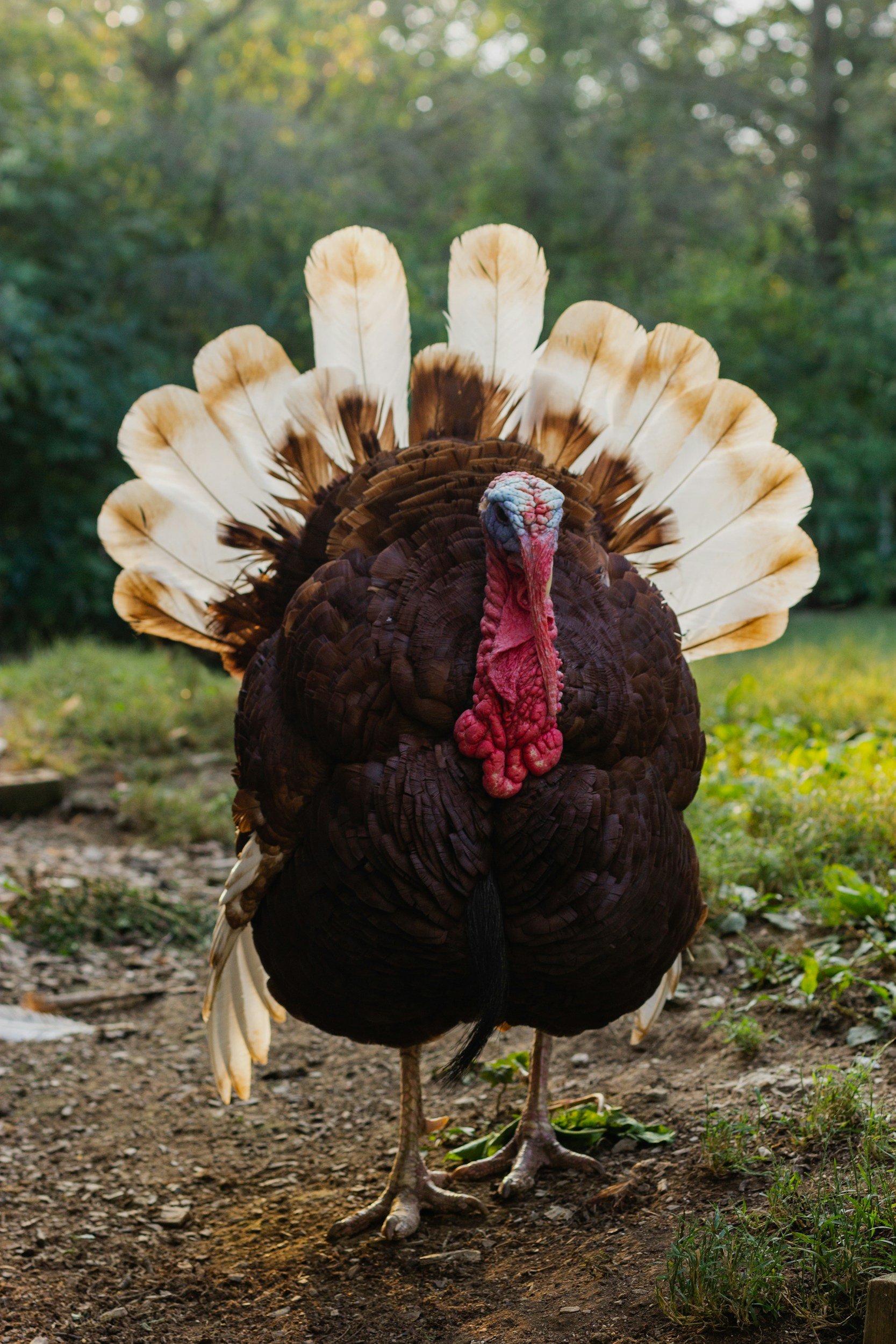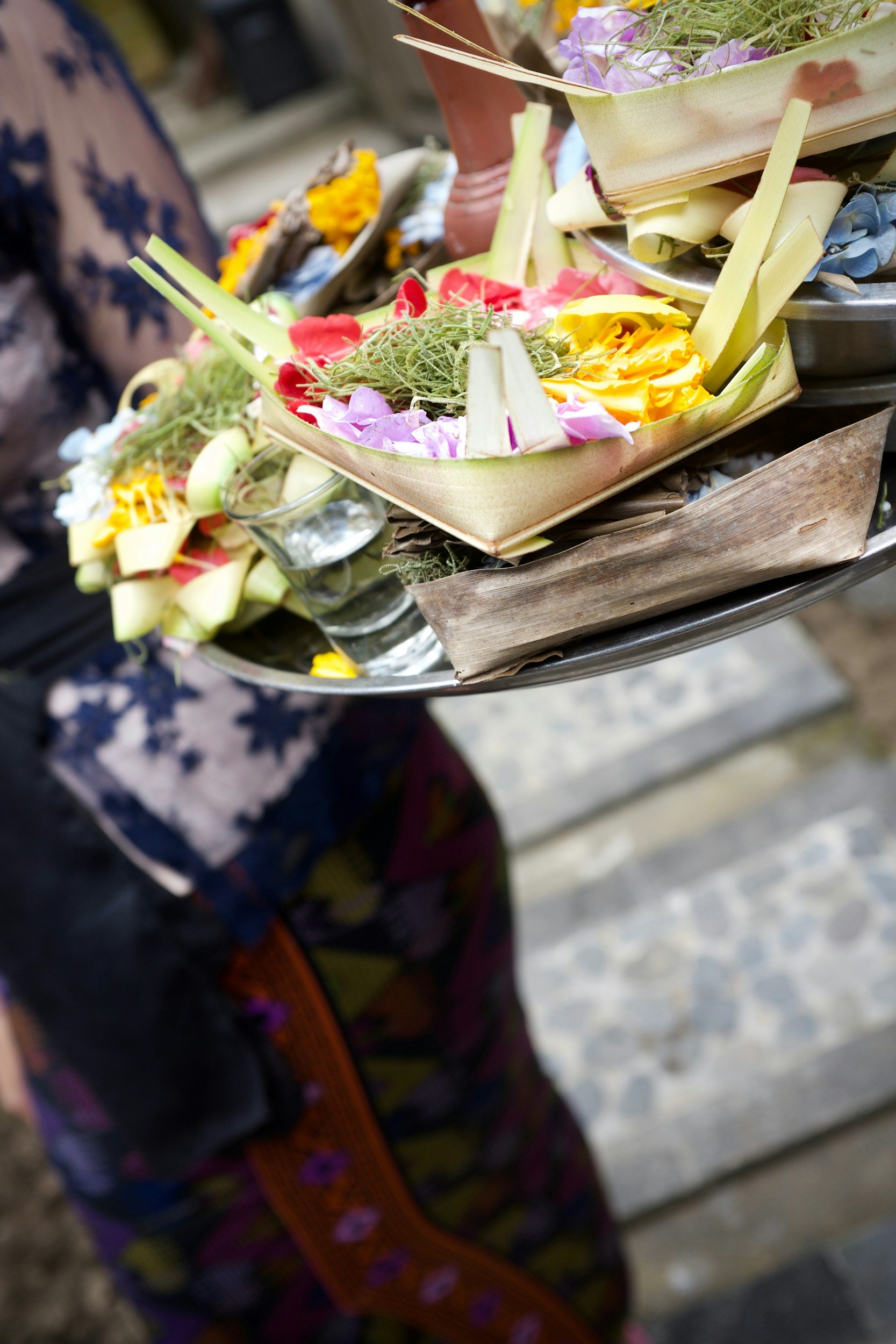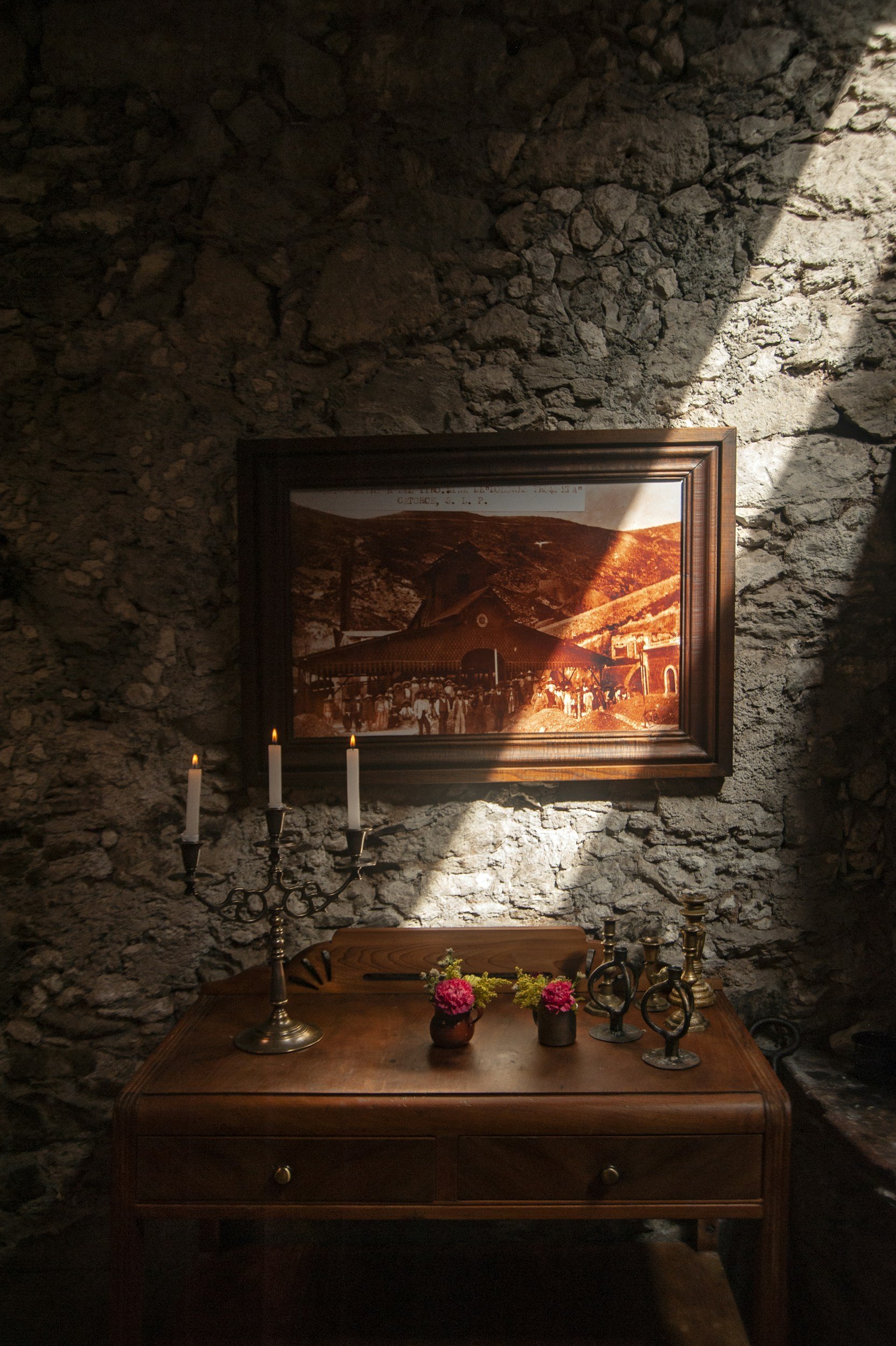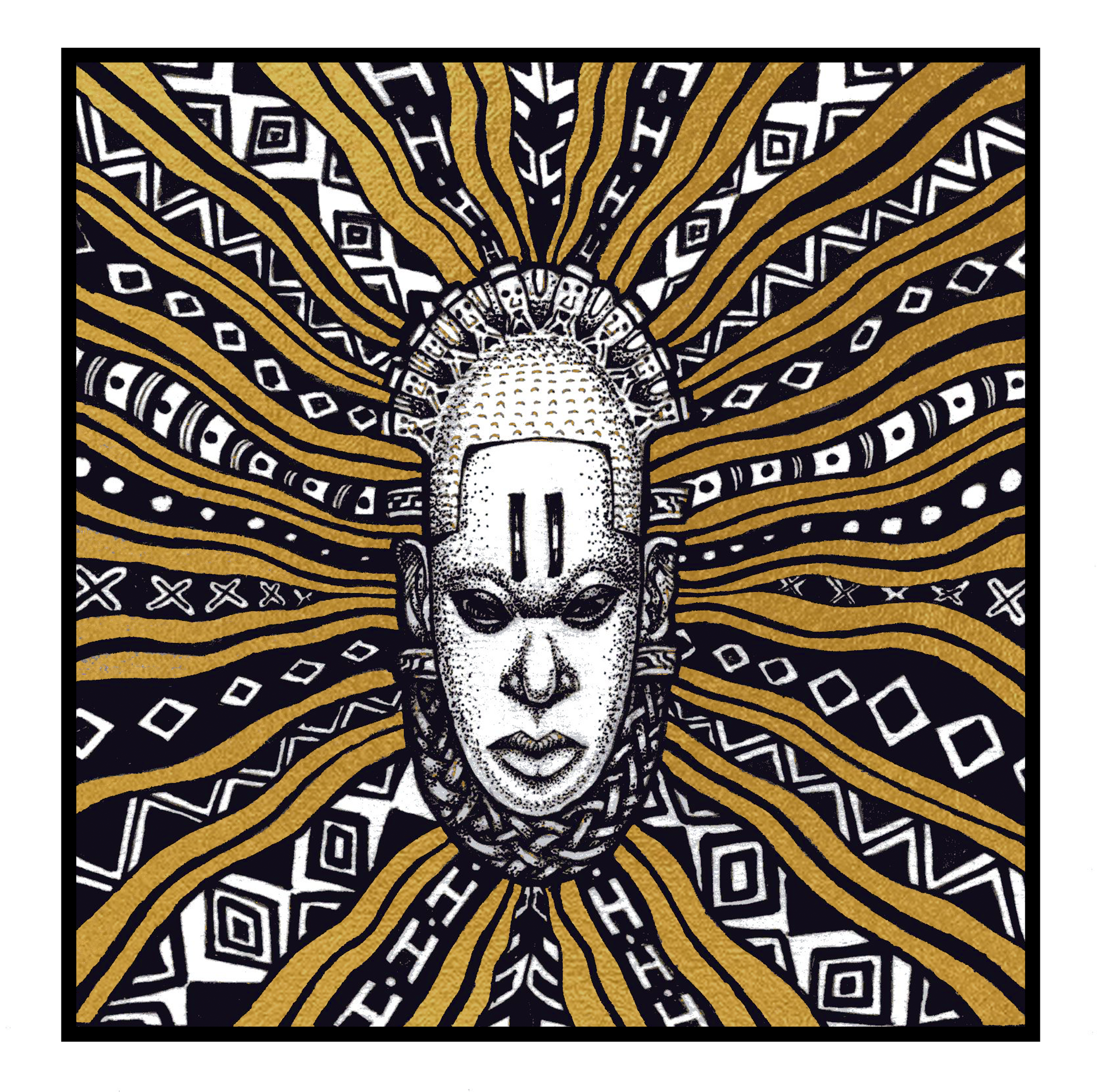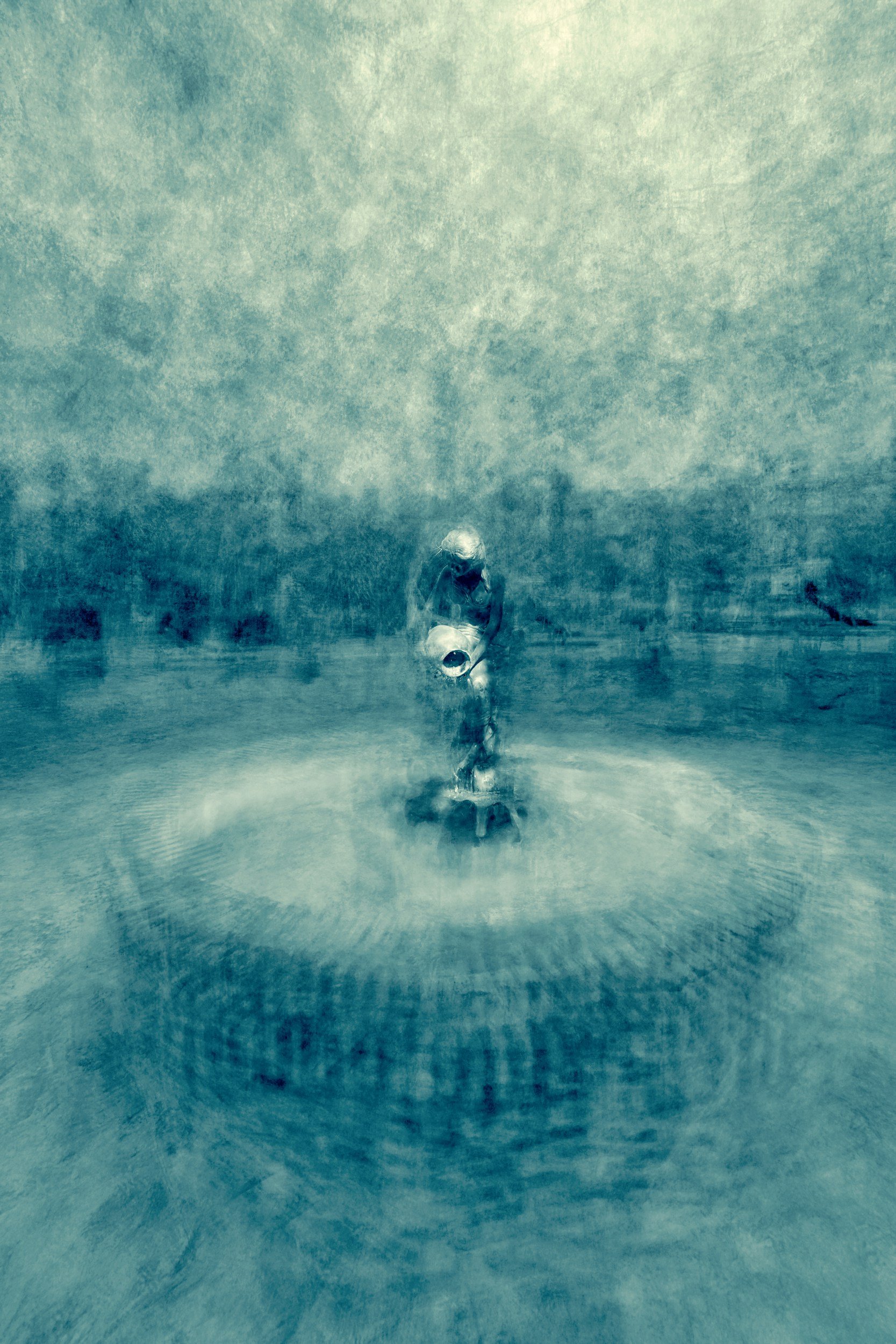What is Ikpu Aru (Abomination Cleansing) in Odinani?
In the ethical landscape of Odinani, moral order and cosmic harmony are foundational principles. When these are disturbed by grave wrongdoing or violations of sacred laws, Ikpu Aru (or Ikpu Alu) which can be understood as abomination cleansing or expiatory sacrifice, has always been one of the main traditional mechanisms for addressing such transgressions.
But what exactly is Ikpu Aru? What does it mean to commit alu or aru? And why is this cleansing ritual important to understand in Igbo worldview?
Let’s unpack the meaning, purpose, and spiritual weight of this transgenerational act of reconciliation.
Alu (Aru): The Igbo Concept of Abomination
In Igbo language, “alu” or “aru” refers to a grave transgression, a taboo or abomination that violates Nso Ala (sacred laws of the Earth deity, Ala). These laws are deeply tied to natural order, community ethics, ancestral heritage, and the spiritual ecology of the land.
Committing an alu defiles the land and pollutes the spiritual environment. It is understood in a sense as causing cosmic disruption in the consciousness of the community. A person who commits such an act is basically perceived as having defiled the Earth.
Examples of Alu (Abominable Acts) Include:
Incest, or rape
Murder
Stealing from sacred places
Desecration of ancestral shrines
Disrespecting sacred animals or objects
Breaking personal taboos (nso chi)
In Odinani, such offenses are believed to introduce spiritual contaminations that require restoration, not only for the individual but in many cases for the entire community or at the very least their own lineage.
What is Ikpu Aru (Expiatory Sacrifice)?
Ikpu Aru is the ritual process of atonement for grievous offenses that have caused spiritual imbalance. It is the act of cleansing, reconciling, and restoring harmony between the individual, the Earth (Ala), their ancestors (Ndi Ichie), deities, and their community.
Core Purposes of Ikpu Aru:
To avert impending danger or misfortune believed to arise from spiritual disapproval.
To appease the violated spiritual entities, especially the Earth goddess, Ala.
To restore the moral balance of the individual and community.
To protect the perpetrator from spiritual consequences (withdrawal of life force, madness, disease, or mysterious deaths).
To offer a path to redemption and reintegration into the spiritual and social order.
This is why Ikpu Aru is mainly about restoration and transformation. It is an act of cleansing, not condemnation.
Who Needs Ikpu Aru?
In Igbo worldview, the person in need of this ritual are understood as someone who:
Has fallen out of alignment with sacred order
Has become polluted through a forbidden act
Carries spiritual imbalance due to offense against the land, gods, or ancestors
This framing shifts the focus from personal guilt to communal and cosmic responsibility.
Ikpu Aru and the Igbo View of Justice
The justice system in Odinani is not retributive but restorative. It aims at restoring balance, not revenge. The existence and act of Ikpu aru in Igbo traditional practice acknowledges that mistakes or transgressions happen, but also that they must be addresses both spiritually and physically.
Interestingly, not performing Ikpu aru when an abomination is known can lead to collective consequences like material failure, mysterious deaths, or general misfortune in the land.
This communal sense of morality reinforces accountability, but also the interconnectedness of all life.
Why Ikpu Aru Matters Today
In our modern world where morality is often seen as relative or individualized, Igbo spiritual perspective offers a timeless principle that implies that actions can also have spiritual or energetic consequences.
Whether you believe in the existence of ancestral spirits or not, the principle of:
Living in harmony with your community,
Making amends when you’ve done wrong, and
Acknowledging the sacredness of life and land
...is eternally relevant.
For practitioners of Odinani today, Ikpu Aru is not superstition, it is spiritual hygiene. It is a way of realigning yourself with the cosmic forces that guide your path.
To Sum It Up
Ikpu Aru, beyond being a ritual act, is a philosophy of redemption, renewal, and reconnection. It reflects the Igbo belief that while humans are bound to make errors, they are also given pathways to return to a state of harmonious balance.
Odinani as a spiritual practice principally reminds us that what is polluted can be cleansed, what is broken can be restored, what is lost can return. When we honor our obligations to the Earth, our ancestors, and our spiritual laws, we can rediscover the wholeness that was always meant for us.



